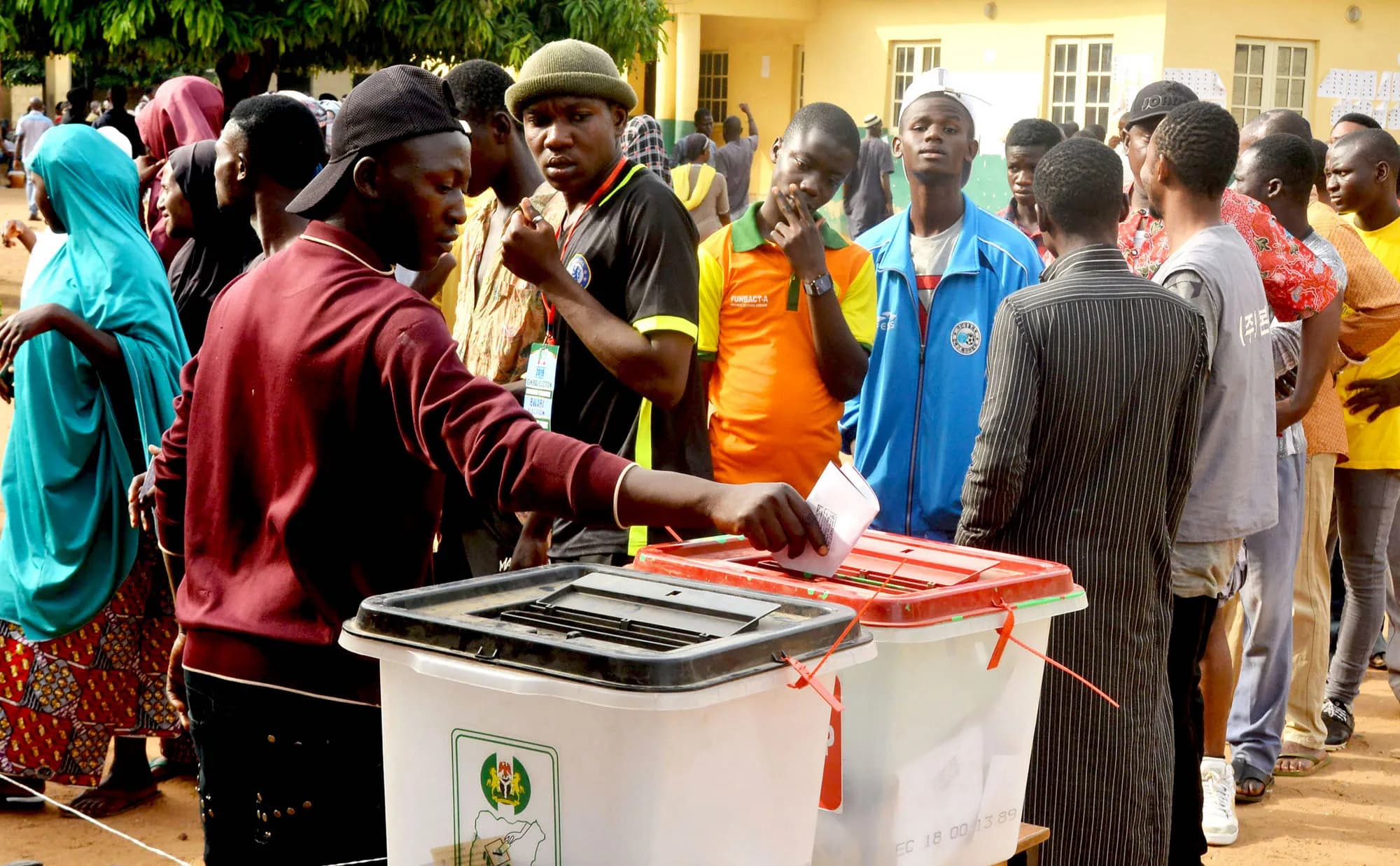We're loading the full news article for you. This includes the article content, images, author information, and related articles.
Political analyst Herman Manyora attributes the low turnout in ongoing voter registration to the opposition's failure to offer compelling new ideas, potentially impacting future election dynamics.

Seasoned political analyst Herman Manyora has criticised Kenya's opposition, attributing the low voter registration turnout to their perceived lack of fresh and inspiring ideas. Speaking on his YouTube channel on Tuesday, October 7, 2025, Manyora argued that a more visionary opposition would galvanise young people, who consistently demand change, to register as voters in large numbers.
Manyora suggested that if the United Opposition presented a clear alternative for national transformation, it would motivate the youth to queue at Independent Electoral and Boundaries Commission (IEBC) offices. He stated, "I blame the opposition more than I blame the government. Why the opposition? What are they doing about involving young people? What have they done? Is there anything they are doing? They can’t bring any change. None of these political leaders seeking to remove Ruto, even if they go to State House now, will change anything."
Voter registration in Kenya is a continuous process managed by the IEBC, allowing eligible citizens to register at designated centres with their original identification documents. This process is crucial for participating in national and county-level elections, including for presidential, gubernatorial, senatorial, and parliamentary seats. The IEBC aims to register as many voters as possible, with the current continuous registration expected to run until eight months before the 2027 General Election.
Historically, voter turnout in Kenya has varied. While the 2013 general elections saw a high turnout of 85%, the 2022 elections recorded a decline to 65.4% of the 22.12 million registered voters. Youth participation, specifically, has been a concern, with those aged 18-35 years constituting 39.84% of registered voters in 2022, a 5.17% decrease from 2017 figures. This trend indicates a degree of voter apathy, particularly among the youth, despite them forming a significant demographic in Kenya.
The legal framework governing voter registration in Kenya includes the Constitution, the Elections Act 2011, the Independent Electoral and Boundaries Commission Act 2011, and the Elections (Registration of Voters) Regulations 2012. These laws ensure that the process is structured and transparent. To register, an individual must be at least 18 years old and possess an original ID card or a valid Kenyan passport. Registering more than once is an offence, punishable by a fine or imprisonment, and can lead to being barred from participating in current and subsequent elections.
Political analysts suggest that the current low turnout could influence public debate and policy execution in the near term. There is an ongoing call for clarity on timelines, costs, and safeguards related to the electoral process. The opposition, particularly the Azimio la Umoja One Kenya coalition, has recently engaged in a political pact with the ruling United Democratic Alliance (UDA) to address national issues, a move that has drawn both support and criticism. This collaboration, while aimed at easing political tensions, has also led to questions about the effectiveness of the opposition in holding the government accountable and mobilising its base.
A sustained low voter registration turnout, particularly among the youth, could lead to a less representative electorate and potentially weaken the democratic process. It may also signal a broader disillusionment with political leadership and the perceived inability of political parties, both ruling and opposition, to address critical national issues. This could result in a less engaged populace, impacting the legitimacy and mandate of elected officials.
The specific strategies the opposition intends to deploy to re-engage the youth and boost voter registration remain unclear. The long-term impact of the recent political pact between the ruling and opposition parties on voter mobilisation efforts is also yet to be fully understood.
Observers will be keen to see if the opposition adjusts its strategies to inspire greater youth participation in the ongoing voter registration drive. The IEBC's efforts to make registration more accessible, potentially through increased polling station presence, will also be a key area to monitor.
The debate around voter registration is closely linked to broader discussions on youth engagement in politics, electoral reforms, and the evolving dynamics of Kenya's multi-party system.
Keep the conversation in one place—threads here stay linked to the story and in the forums.
Sign in to start a discussion
Start a conversation about this story and keep it linked here.
Other hot threads
E-sports and Gaming Community in Kenya
Active 9 months ago
The Role of Technology in Modern Agriculture (AgriTech)
Active 9 months ago
Popular Recreational Activities Across Counties
Active 9 months ago
Investing in Youth Sports Development Programs
Active 9 months ago